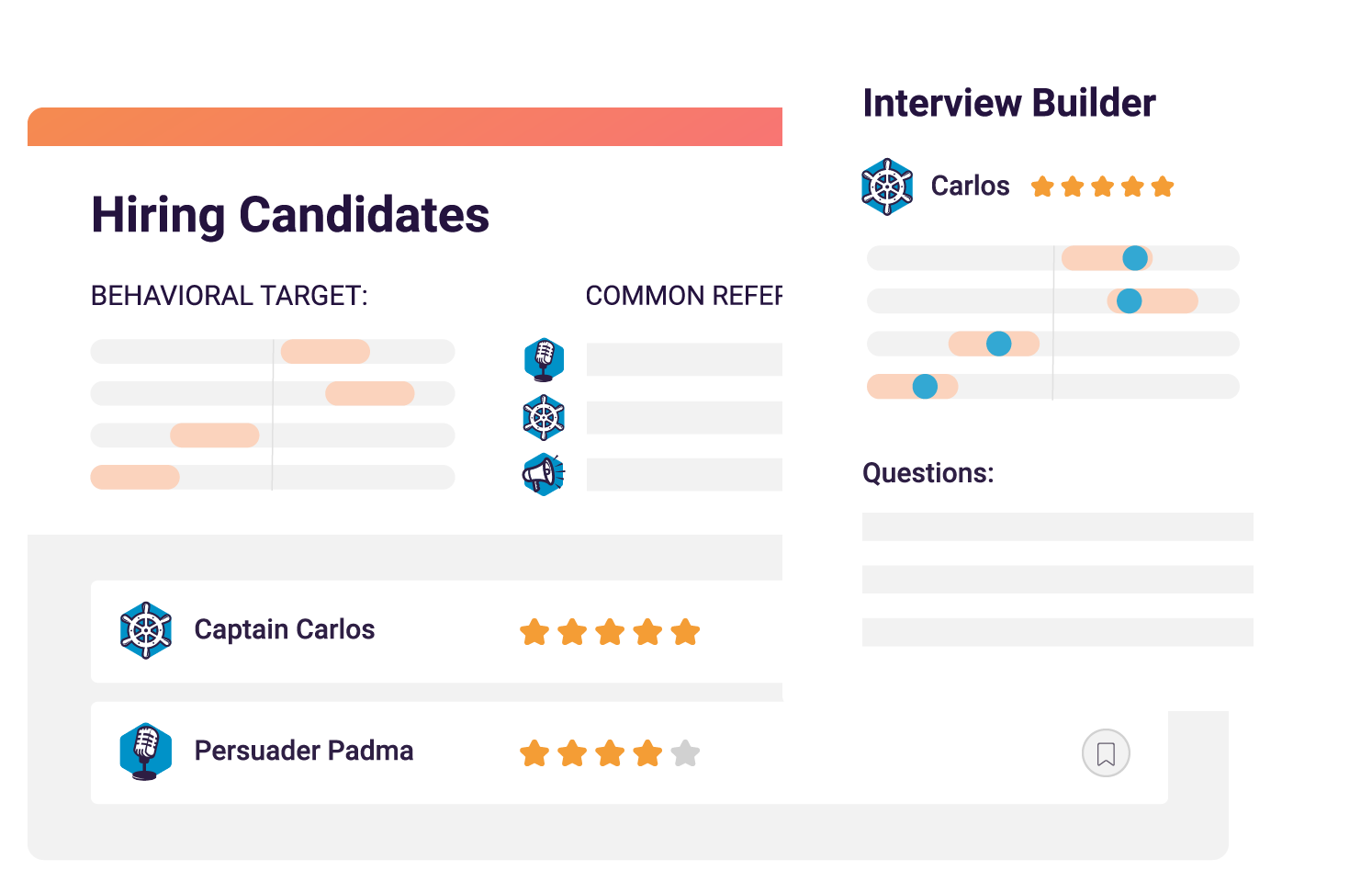Many organizations cling to yearly performance reviews out of habit, lack of a better alternative, or a belief that reviews ensure the ongoing success of the business. However, a recent survey put out by Towers Watson revealed that only 37% of North American companies find their performance evaluation programs to be effective at all. Additionally, only 26% of those surveyed said that their managers and employees are satisfied with the process.
Not a great track record for a tradition that is indelibly etched into our organizations.
How organizations are evaluating performance the wrong way
The vast majority of annual reviews are reactive exercises in capturing delayed feedback. These neither motivate workers nor drive improvement. This helps explain why over the last year or so we’ve seen statements from major organizations like GE, Microsoft, Accenture, Adobe and IBM announcing their move away from the more traditional annual performance evaluation process toward a coaching-based approach with a bit more flexibility and frequency. The idea is that by recasting the evaluation process as a development tool featuring a proactive plan to help employees improve, the approach becomes more constructive. When coaching becomes an organizational competence, everyone comes out a winner.
Read more: 360 evaluations: everything you need to know
Performance review process best practices
If you’ve been considering revamping your current performance evaluation process – whether formally or informally – the following best practices can help you revitalize your approach:
1. Think “early and often.”
One of the main reasons people tend not to like performance reviews is because they happen too infrequently. This makes the event that much more daunting when it finally comes around. The stakes seem high with an infrequent evaluation. The employee may feel that potential job advancements or a salary increase hang in the balance. By conducting more frequent, ongoing reviews – both formal and informal conversations – the process will be less intimidating, more timely and more productive.
2. Know who you’re dealing with.
When conducting a performance evaluation, managers should take some time to think about the individual being reviewed: How will they receive and react to the feedback? What may be causing their performance to excel or to fall short? What is their performance potential? How are they motivated (e.g., through public recognition, salary, advancement, flexibility on the job)? Managers who employ a scientifically-validated behavioral assessment, for example, will better understand the motivating needs and drives of the individual they are reviewing. That insight can be coupled with constructive coaching behaviors such as active listening, reinforcing positive behavior through the delivery of feedback, asking open-ended questions, collaborating and confirming coaching outcomes.
3. Look to the future.
A performance evaluation is the perfect opportunity to plan for the future and build out a career plan. Where does the employee see themselves in one year/two years? What type of advancement opportunities interest them most? Be sure to ask if the proper tools and resources are in place to support these career goals and what you as a manager can do to help them do their job better.
4. Regularly revisit requirements.
Using a job analytic solution to evaluate the position itself at least once a year will help determine the evolution of both the job and the employee. These tools can help provide insight into the behavioral requirements of a position at any level within the organization. Armed with this information, a manager can confirm whether or not the behavioral requirements for a position have changed or stayed the same. This makes it possible set clear expectations that help support an individual’s continued success.
With a continued talent shortage anticipated for many industries globally, it is beneficial for managers to be thoughtful and forward-looking during the performance evaluation process. By following these four tips, managers can forge and maintain healthier relationships with their teams and individuals and benefit from an engaged, productive workforce.









